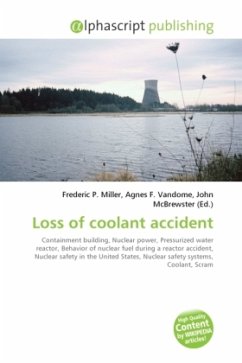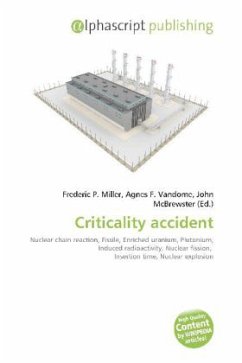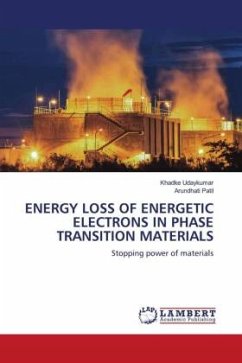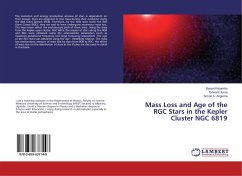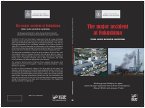A loss-of-coolant accident is a mode of failure for a nuclear reactor; if not managed effectively, the results of a LOCA could result in reactor core damage. Each nuclear plant's Emergency Core Cooling System exists specifically to deal with a LOCA. Nuclear reactors generate heat internally; to remove this heat and convert it into useful electrical power, a coolant system is used. If this coolant flow is reduced, or lost altogether, the nuclear reactor's emergency shutdown system is designed to stop the fission chain reaction. However, due to radioactive decay the nuclear fuel will continue to generate a significant amount of heat. The decay heat produced by a reactor shutdown from full power is initially equivalent to about 5 to 6% of the thermal rating of the reactor. If all of the independent cooling trains of the ECCS fail to operate as designed, this heat can increase the fuel temperature to the point of damaging the reactor.
Bitte wählen Sie Ihr Anliegen aus.
Rechnungen
Retourenschein anfordern
Bestellstatus
Storno

